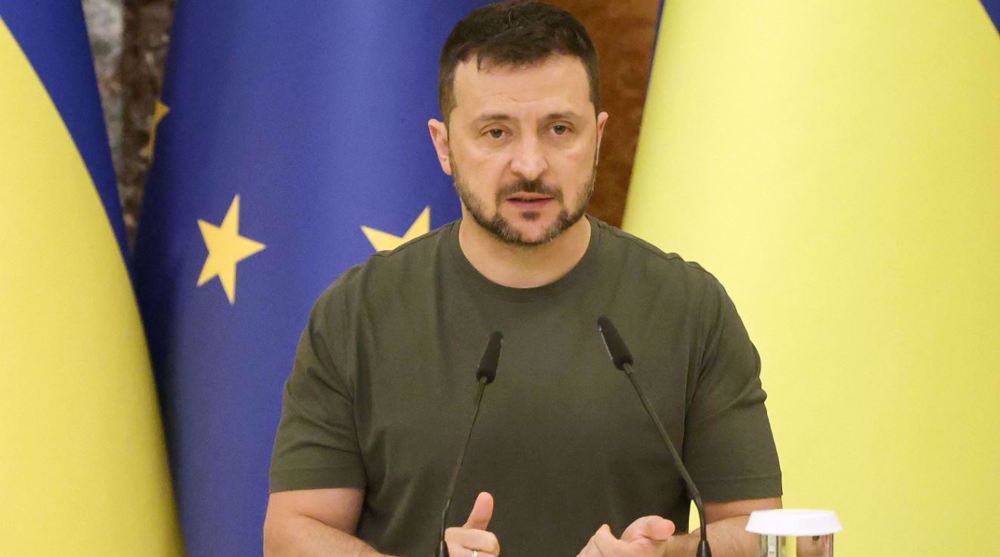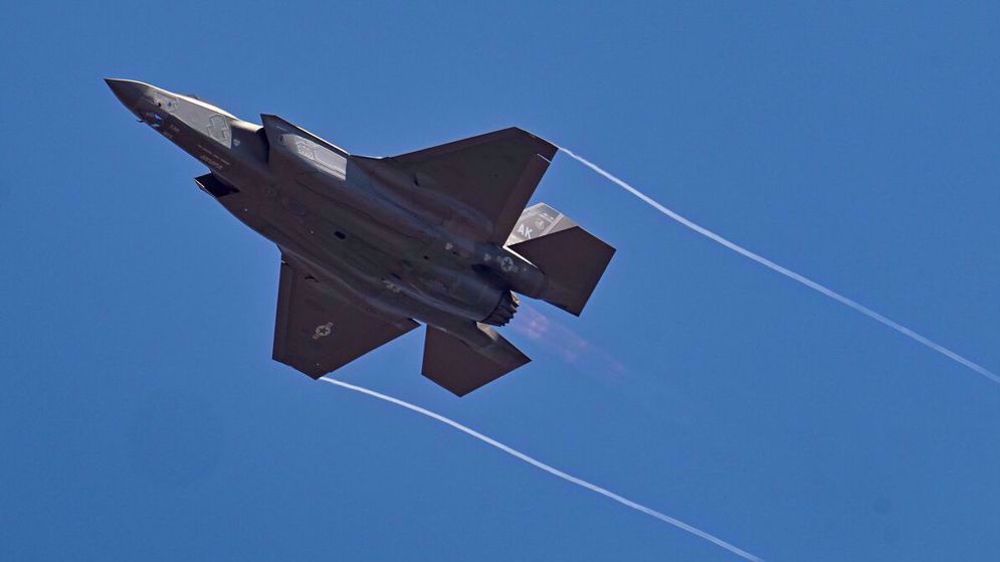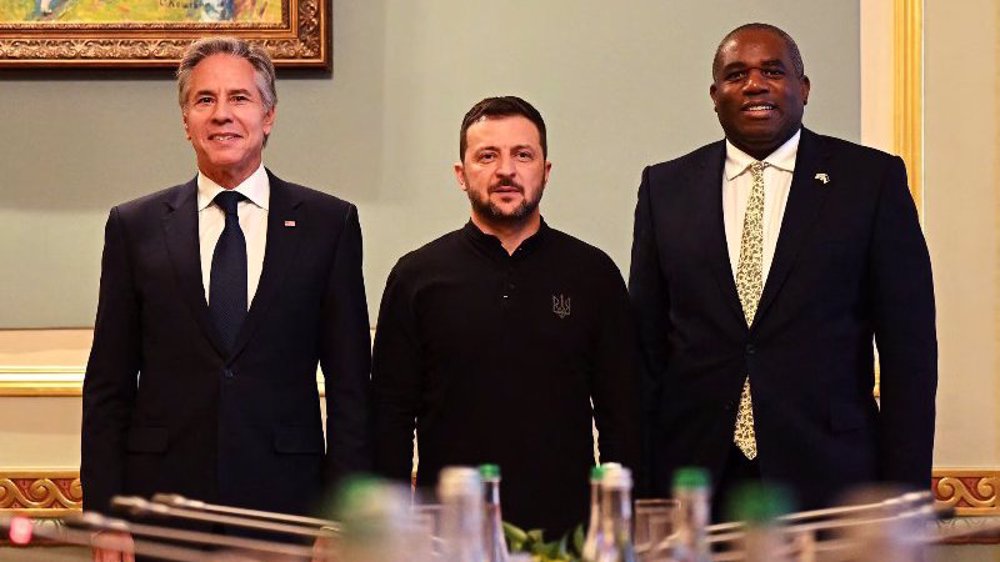UK’s BAE Systems to axe 1,000 over falling weapons sales
UK weapons manufacturer BAE Systems is preparing to cut more than 1000 jobs this week, a move that is blamed on falling demand for its products.
While the company's new chief executive, Charles Woodburn, has been considering "trimming" the workforce across all BAE facilities, the first wave of firings is expected to mostly affect the company’s Warton plant in Preston, Lancashire, Sky News reported Monday.
BAE uses the Warton Aerodrome to assemble and test the Eurofighter Typhoon jet, Europe's largest collaborative military project with a list price of about $140 million.
The jet’s production accounts for around 4,000 jobs at BAE Systems, which employs 34,600 people in the UK. The company’s global workforce surpasses 83,000.
Experts say the move is likely to ignite a political row because of the timing of the cuts, which coincide with heightened sensitivity over workforce reductions by major exporters as the UK prepares to exit the European Union (EU) and desperately needs new trade deals with other countries.
In August, the company reported a better than expected 11 percent jump in half-year core profits to $1.2 billion and said it was on track to meet its full-year target.
Typhoon sales
Aside from members of the North Atlantic Treaty Organization (NATO), BAE Systems has provided a large number of Typhoons to Saudi Arabia.
BAE has come under fire for its arms deals with Riyadh, since Saudi military forces have been using the jets and a wide range of other UK-made weaponry in their ruthless military aggression against Yemen.
War Child UK, a London-based campaign group, said in mid-September that British weapons manufacturers such as BAE Systems and Raytheon had earned more than £6 billion from the war, which has killed over 12,000 Yemenis since its beginning more than two and a half years ago.
The charity said the manufacturers were basically “profiteering from the deaths of innocent children” by arming the Saudis and their allies with advanced missiles and other equipment, including attack aircraft.
The Tory government of Prime Minister Theresa May has remained defiant in the face of growing pressure to stop the arms exports, defending the trade amid evidence of war crimes and civilian deaths in Yemen.
UK police detain Jewish scholar Haim Bresheeth following pro-Palestine address
VIDEO | Iraqi resistance strikes key Israeli targets in occupied territories
VIDEO | Press TV's news headlines
Iranian satellites launched into space as private sector debuts in space industry
VIDEO | Iran, Azerbaijan conduct joint maritime rescue operations
VIDEO | Yemen’s Red Sea divide: Naval forces block Israeli-linked ships in strategic ‘parting of the water’
VIDEO | Southern Gaza: Israel’s facade for famine and suffering
VIDEO | IOF hampering humanitarian aid











 This makes it easy to access the Press TV website
This makes it easy to access the Press TV website